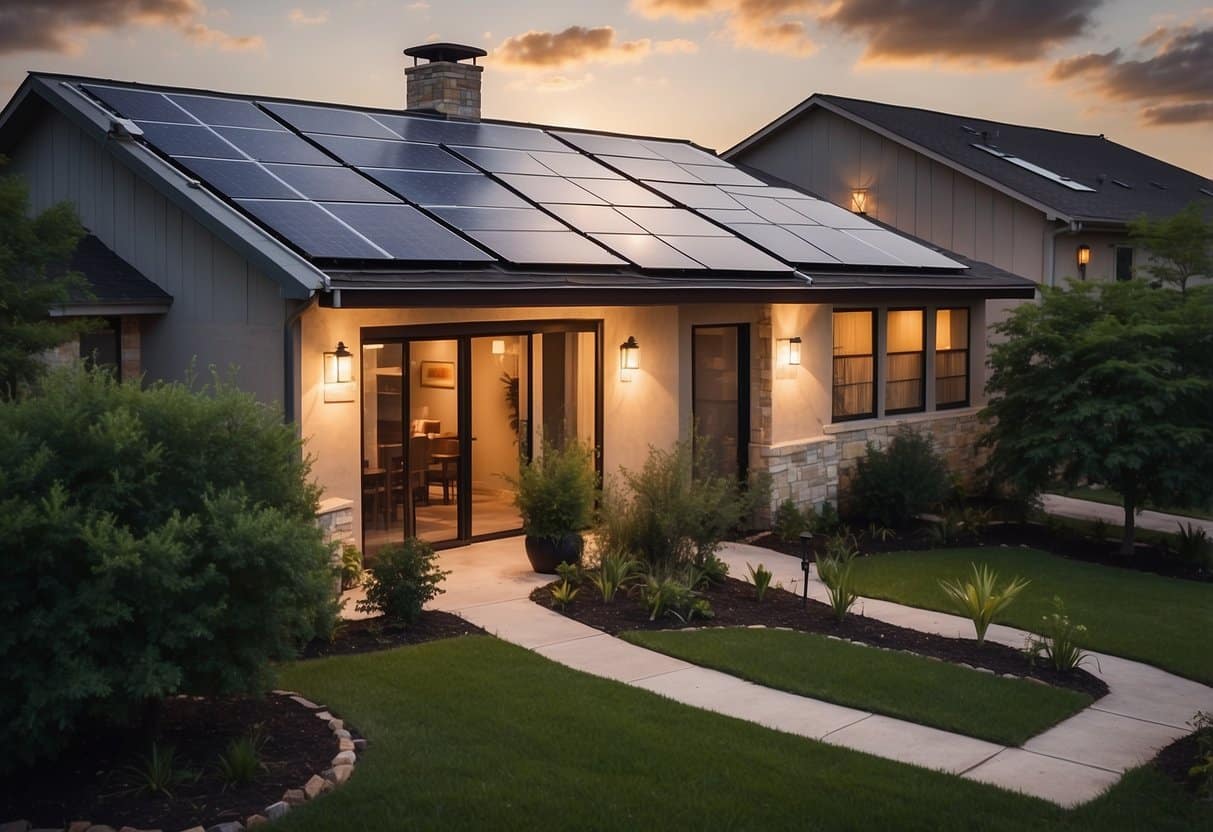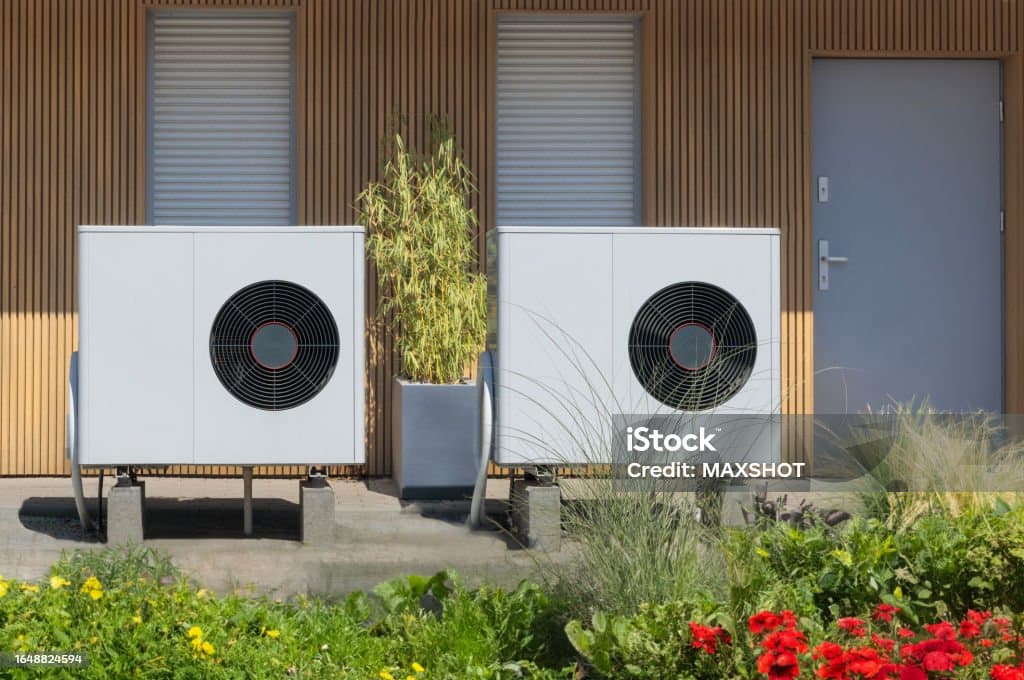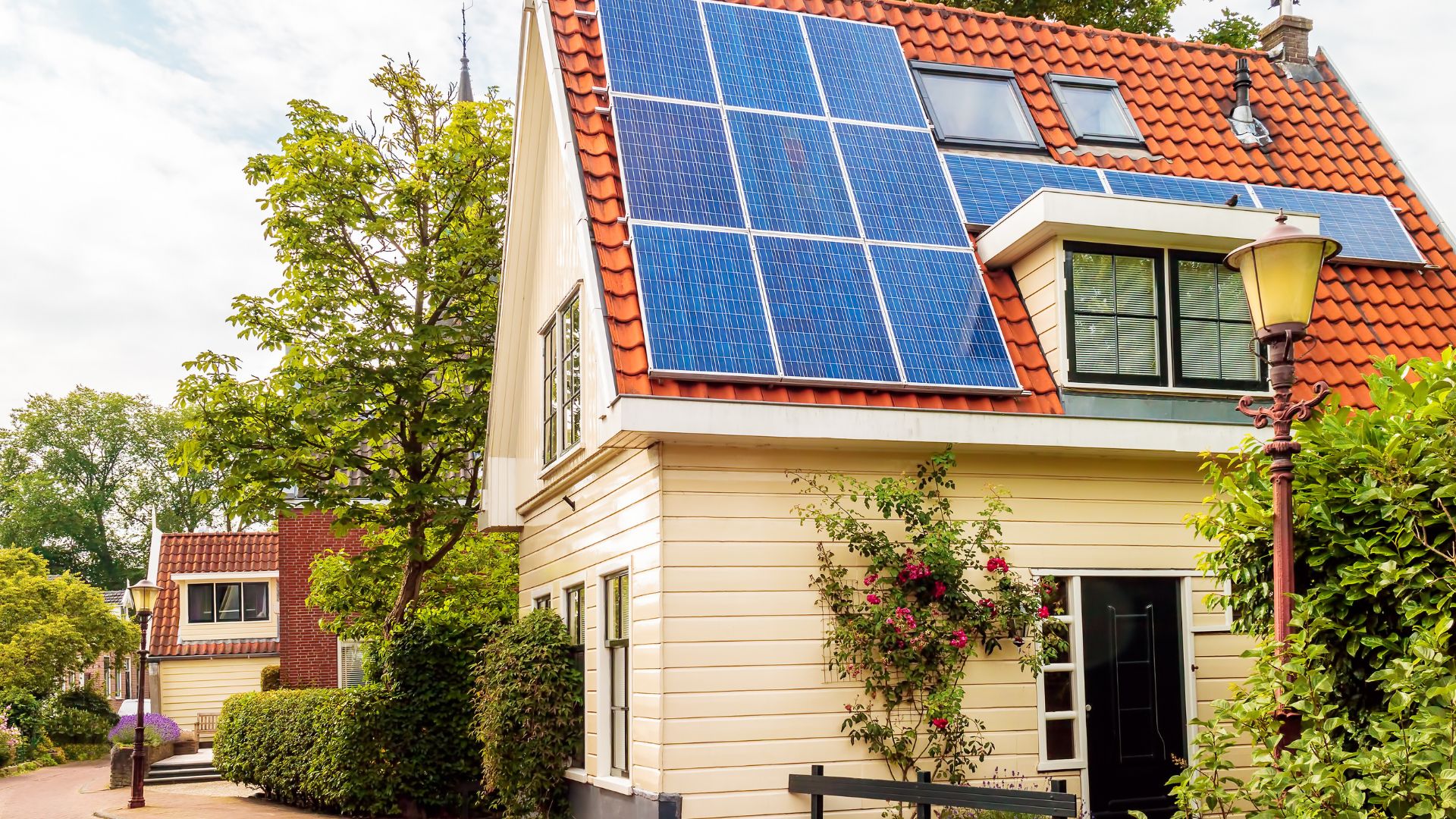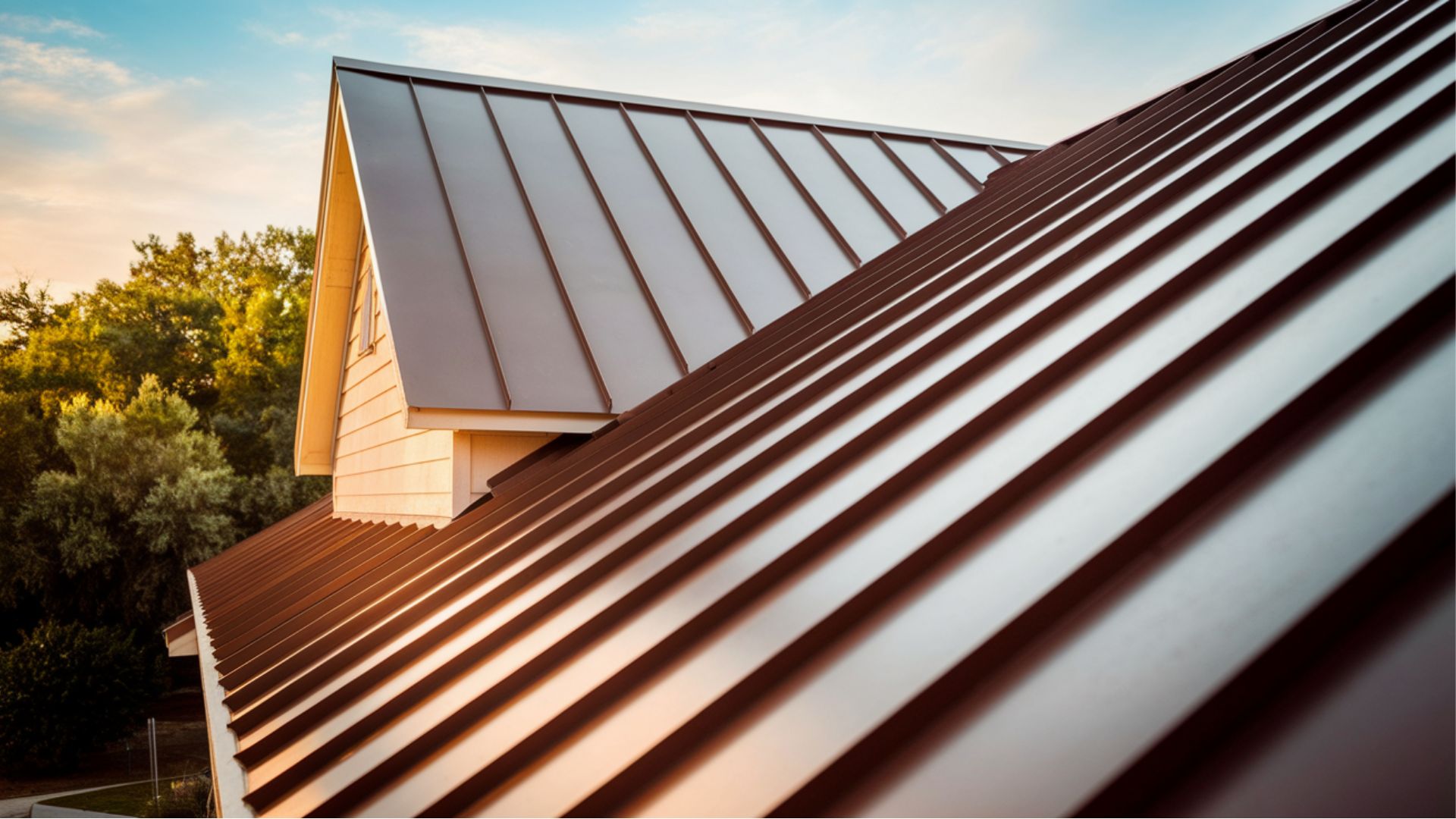Can You Put Solar Panels on Your Home If It’s Inside the City Limits of Austin?
Residents of Austin looking to install solar panels on their homes within the city limits can definitely move forward with their plans. Austin supports and encourages the installation of solar panels to promote sustainable energy solutions. This commitment to renewable energy aligns with the city’s broader goals of reducing carbon emissions and enhancing energy efficiency.
The city’s policies are designed to facilitate the adoption of solar technology, making it straightforward for homeowners to get the necessary approvals and permits. Homeowners’ associations (HOAs) in Texas cannot outright ban the installation of solar panels, making it easier for residents in neighborhoods with such associations to pursue solar energy.
With Austin’s abundant sunshine, solar panels can be a highly effective way to harness energy, reduce utility bills, and contribute to a greener environment. Residents interested in this renewable energy source can take advantage of various incentives and rebates provided by the city and state to offset installation costs.
Understanding Solar Panel Installation in Austin
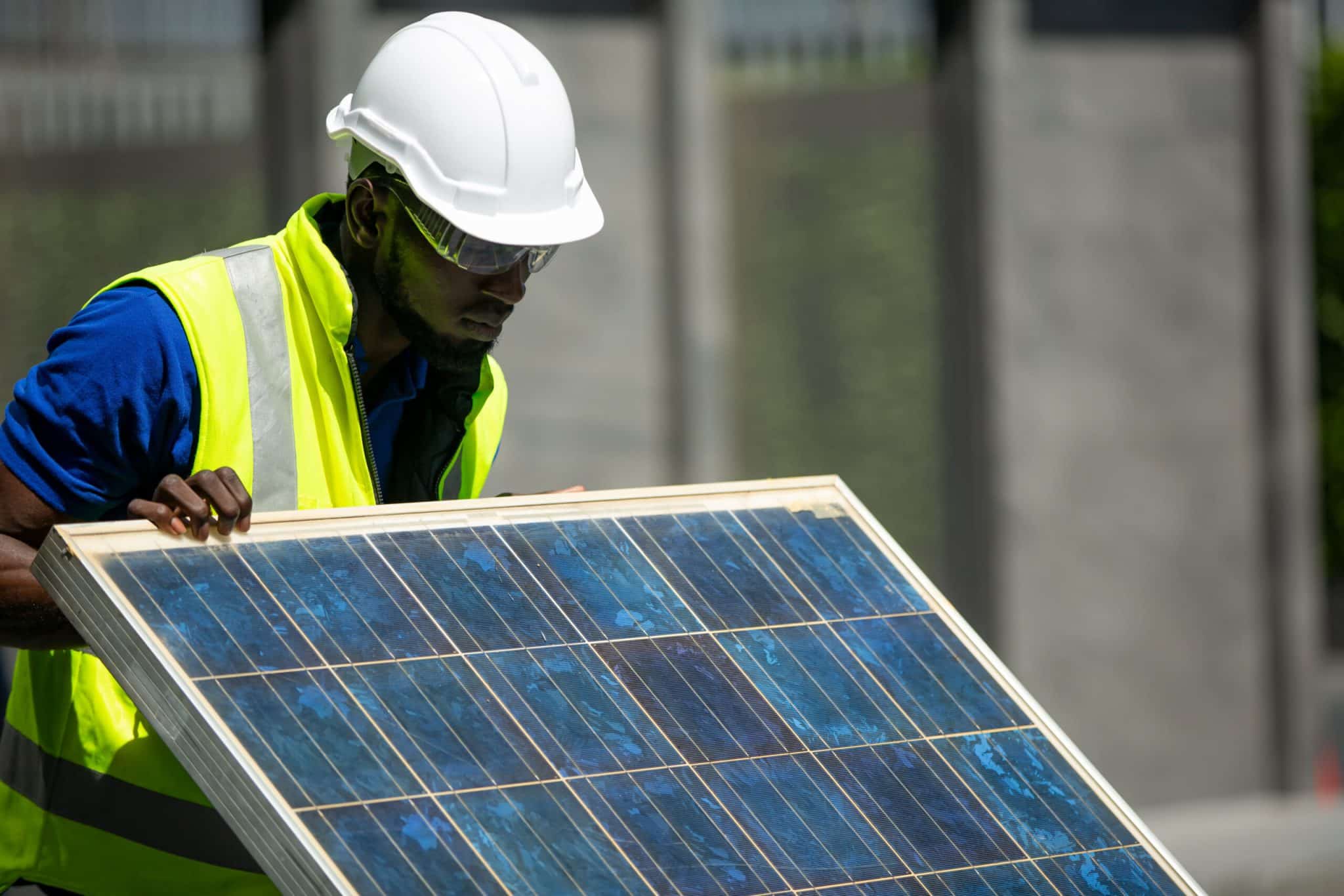
Installation of solar panels in Austin involves several key considerations including regulatory guidelines, zoning standards, and the benefits for urban homeowners.
Regulatory Framework for Solar Panel Installation
Austin has specific regulations for solar panel installations. Homeowners must adhere to guidelines set by the city’s Development Services Department. The solar-ready zone area must not be less than 240 square feet per dwelling unit. Additionally, it must be clear of obstructions and adhere to the Fire Code regulations regarding access and setbacks.
To qualify for rebates, such as the Austin Energy solar rebate, homeowners must also meet specific criteria. This includes being a residential customer of Austin Energy and completing an online solar education course.
Zoning and Residential Compatibility Standards
Zoning rules in Austin can affect where and how solar panels are installed. Specific codes dictate the minimum area for solar-ready zones. For instance, at least one zone must be a minimum of 100 square feet and another must be at least six feet on a side.
For townhomes, the total area requirement is slightly reduced to 160 square feet. Compatibility standards ensure that solar installations do not violate neighborhood aesthetics or structural integrity. This makes it essential for an Austin solar panel company to be well-versed in local Zoning and Compatibility Standards.
Benefits of Solar Panels for Urban Homes
Solar panels provide considerable benefits for urban homes in Austin. They offer energy savings by reducing electricity bills, leveraging natural sunlight to generate power. Installing solar panels can increase property value, making homes more attractive to eco-conscious buyers.
Urban homeowners can also take advantage of incentives like the Austin Energy solar rebate. This $2,500 rebate helps offset the installation costs. Furthermore, federal tax credits can further reduce financial outlays, making solar energy more accessible and affordable for city residents.
Planning and Implementing Solar Solutions
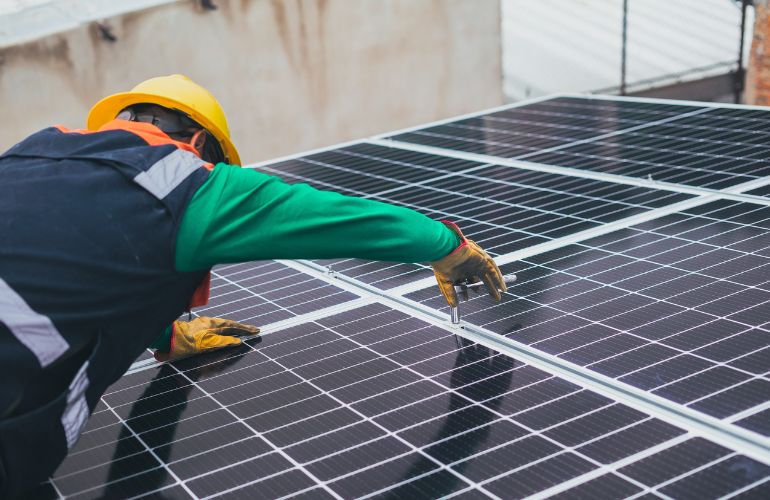
Planning and implementing solar solutions in Austin requires choosing the appropriate solar panel system, working with local installers, navigating permit processes, and considering installation and maintenance needs. Understanding these aspects ensures a smooth transition to solar power.
Selecting the Right Solar Panel System
Choosing the right solar panel system starts with assessing your home’s solar potential. Factors like roof orientation, shading from trees, and the age of the roof play crucial roles. Depending on your energy needs, you might consider high-efficiency panels or cost-effective models.
In Austin, the average cost per watt for residential solar is approximately $2.50 to $3.00. This helps in budgeting and comparing various systems. Comparing monocrystalline versus polycrystalline panels is essential, as monocrystalline panels are typically more efficient but cost more.
Engaging with Local Solar Installers
Working with local solar installers ensures expertise specific to Austin. Austin offers a multitude of reputable installers, many of whom have extensive experience with the city’s unique climate and building codes. Solar panel companies have established themselves as trusted providers.
When selecting an installer, consider their certifications, customer reviews, and portfolio. It’s also beneficial to obtain multiple quotes to compare costs and services. Engaging an installer who is familiar with local rebates and incentives can also provide financial benefits.
Permitting Process and Costs
The permitting process in Austin involves several steps, including submitting detailed plans and obtaining approvals. This process ensures compliance with local building codes and electrical standards.
Permit costs can vary but generally range from $200 to $500. Specific documentation like site plans, electrical schematics, and product specifications are required. Engaging a knowledgeable installer can simplify this process, as they often handle the paperwork and submissions.
Installation and Maintenance Considerations
Installation involves mounting panels, setting up inverters, and connecting the system to your home’s electrical supply. It typically takes one to three days, depending on system size and roof complexity. After installation, regular maintenance includes yearly inspections, cleaning panels to remove debris, and checking components for wear and tear.
Solar panels generally require minimal maintenance, but ensuring access to high-quality support can prolong the system’s lifespan. Local installers often provide maintenance contracts and warranties, which can lead to cost savings over time.

